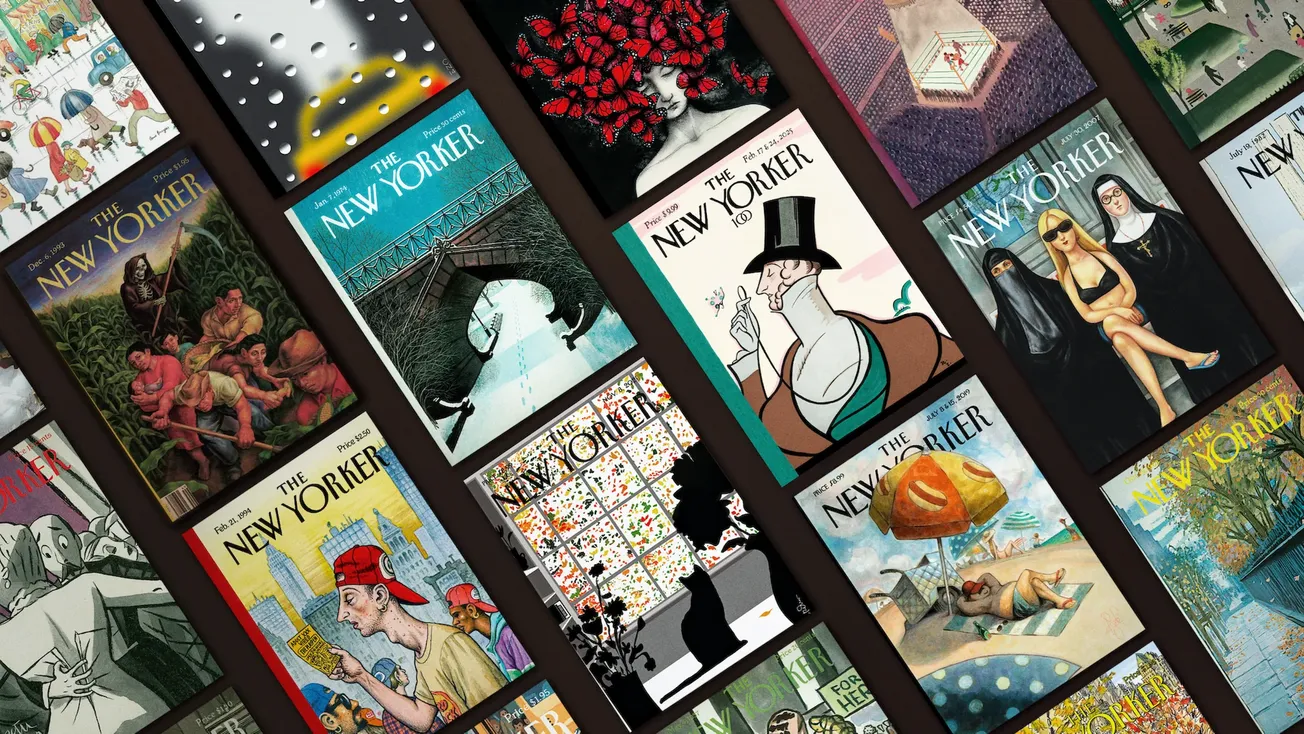I, like many others, first learned of Amanda Gorman on Inauguration Day 2021. I’m thankful for all the folks who decided that we needed to hear her voice that day. Her talent was readily apparent, so I was excited to hear of (and read) her new collection of poetry, “Call Us What We Carry”.
Simply put: my expectations were exceeded. At BCM, we make a point to “Keep it Black and keep it Catholic”. And our Black Catholic sister did just that. In fact, it would be impossible to catalog here all the ways that Gorman reflected and manifested a Black Catholic imagination therein, but I will provide just a few examples.
But first, I’d like to take a step back and highlight the breadth and depth of the work. She touches on everything from whale hunting to COVID-19. She showed skill with wordplay, alliterative techniques, and had some fun with various poetic conventions, such as concrete poetry.
She let us know that she knows her stuff.
She makes sure to have notes and explanations of her techniques, choices, and thought processes behind her work. This had the effect of deepening understanding of the poems and their meaning. If you have a young person in your life who wants to learn more about poem composition, this is the book for them—or anyone fascinated by the creative process, as well as the creative result.
The work is also truly Catholic in every sense of that word. Everything from rosaries to meditations on the transformative power of grief to that all-important concept of remembering/memory as the key aspect of (or impulse for) life. It is at the summit of our faith: the eternal life of the Eucharist can only be made present through an act of remembrance. Or as my abuelo would say: Recordar es vivir (“To remember is to live”).
On that note, I should add that Gorman frequently connects to the Latin roots of Los Angeles by discussing and invoking Spanish words, meaning, and grammar. This unspoken connection to understandings of memory and life is another way her poems reflect her Catholic imagination.
But even more significant is how she connects these ideas to Toni Morrison’s writings on memory and water. By making this explicit connection to another Black Catholic woman, Gorman is showing us that she is carrying on a particular memory and legacy. Morrison wrote powerfully about the connection between memory and living, and by connecting it to water—a primordial and sacramental element—she and Gorman both carry the image of baptism to new generations.
Also, in perusing other reviews of Gorman’s text, I noticed that they seem to omit any mention of racism and, specifically, White Supremacy. But this is not missing from Gorman’s poetry. Indeed, in demanding that who we are and whose we are be recognized, she has added some irony to the title of her book. While from one perspective the title is uplifting and inspiring, having us embrace our crosses and the dreams of our ancestors, it also implies a different kind of baggage being carried by others—which requires a different naming and calling out.
Here, Gorman shows her Black Catholic imagination again. As a recent Pew survey showed, for Black Catholics the number one spiritual issue is racism, and Gorman addresses that issue from a spiritual, social, and emotional perspective that is beyond powerful.
Blending the technical aspects of poetry within a larger framework of commentary, at one point she uses the literary device of “kenning” to address White Supremacy. I found this of particular interest, as it’s a favorite noun-building technique in Icelandic skaldic poetry—which I thoroughly enjoy. But given the twisted obsession that White Supremacists have with Nordic culture, I found the use of the technique by Gorman to be a show of ironic genius.
Ultimately, Gorman’s collection is emphatic in its love of humans, in the need to live a human life. In that sense, it is truly Black and Catholic. To be Black in America is to insist that we are human, that our experience is a human one connected to all humanity. We do that in large part by invoking the struggle and memory of our ancestors. To be Catholic is to accept the universal call to holiness. It is to acknowledge that One person experienced humanness fully and that we are all incorporated into that full humanness through sacred memory.
Both acts of memory are revolutionary in a world that would like nothing more than for us to forget and move on. Weaving the two into one, “Call Us What We Carry” is truly a revolutionary book.
It is a testament that Black lives matter. It is a fulfillment of the demand of saints like Servant of God Thea Bowman that Black people have a right to be fully functioning members of the Catholic community—as Black people.
Gorman’s book is a gift, but also not just her own. It is what she carries, so that she can pass it on. I hope you decide to carry it, too.
Gunnar Gundersen is an attorney in Newport Beach, CA. He serves in his parish council and choir, is a published essayist, and regularly lectures on natural law and the American Founding. He is also the first Ordinariate member of the Knights of Peter Claver. Follow him on Twitter at @GBGundersen.










